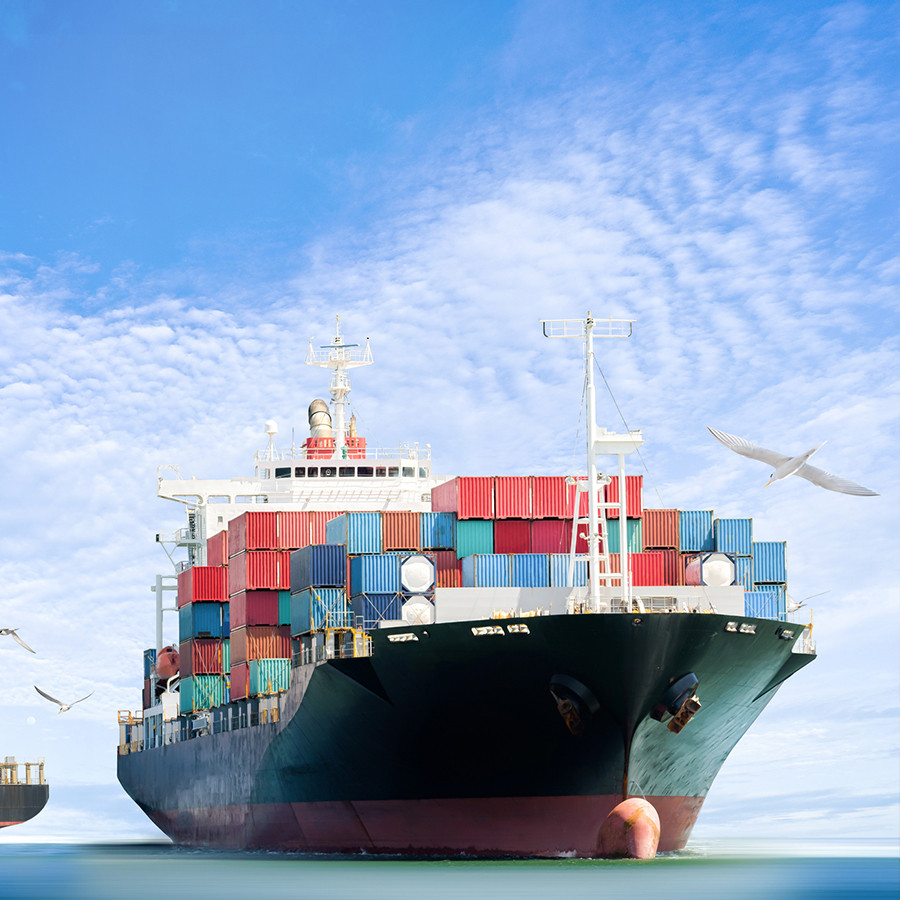Gender and trade
Search Results (405)
Gender, Trade and the WTO : Speaking Notes for the WTO Public Symposium Challenges ahead on the road to Cancún, Geneva, June 16, 2003
This paper provides that trade and trade policy is not gender-neutral: government leaders have recognized there are differential impacts on women and men, and have made commitments to take steps to ensure that trade policies do not have an adverse impact on women’s economic activities. National governments need to develop capacity to understand how gender can constrain a country’s capacity to take advantage of the opportunities presented by trade liberalization. They also need to develop capacity to identify those groups that will be most negatively affected by a proposed trade policy, so that adequate steps can be taken to protect those groups, and, where feasible, measures designed to facilitate their entry into new sectors opened up as a result of trade liberalization. This may involve decisions in on the pace, scope and sequencing of trade policies.
Global Value Chains, Economic Upgrading, and Gender : Case Studies of the Horticulture, Tourism, and Call Center Industries
This document provides a gendered analysis of the horticulture, tourism, and call center global value chains (GVCs), based on a survey of the literature and case studies carried out in Honduras, Kenya, and the Arab Republic of Egypt. The studies focus on export sectors that have had high female employment and have been relatively underexplored from the angle of trade and gender research. The studies show that GVCs and their upgrading dynamics have important gender dimensions, and that integration and upgrading are influenced by, and have an impact on, gender relations. While the conditions and dynamics in the sectors in concern are very different, certain broad conclusions are drawn from the results of the studies. The first is that patterns of job segregation are observed in all case studies, with women being assigned to specific jobs, though the reasons for such segregation differ from sector to sector. The second conclusion is that women face gender-intensified constraints, though their extent and articulation may be quite different, depending on the value chain. The third is that constraints related to women's primary responsibility for reproductive work have been identified as important in all three studies. This social division of labor is deeply embedded in developed and developing countries, but poor infrastructure, particularly in rural areas, heightens this challenge for women in developing countries. This report also suggests appropriate interventions to improve the constraints faced by women.
Globalization’s impact on gender equality: What’s happened and what’s needed
This chapter discusses the evidence on the impacts of economic integration, technical change, and access to information on gender inequality. It examines the literature and, where knowledge gaps exist, draws on new work commissioned for this Report. This new work focuses on gender equality in trade,1 technological change and diffusion,2 and access to information.3 Existing evidence is strongest on the impact of trade and technology on labor market outcomes. And it is weakest, at least in the economic literature, on the impact of new trends on gender roles and norms, so that discussion is more tentative and speculative.
Guide on gender mainstreaming : trade capacity building projects
The Guide aims at helping the staff of UNIDO’s TCB Branch to apply a gender perspective in their work and, more specically, throughout the project cycle. The Guide can also be useful for national and local counterparts, agencies, international and private-sector partners, as well as individual experts who work closely with the TCB Branch.
Improving economic outcomes for women
Gender equality and women’s empowerment are priorities for the Australian Government in its foreign policy and overseas aid program. One of the best ways to promote economic growth and to achieve stronger communities and societies is to empower women and girls. This publication highlights how Australia is supporting women’s economic empowerment in the Indo-Pacific region. It includes examples of positive results being achieved through: *improving women’s livelihoods *education and skills for economic participation *women’s entrepreneurship and involvement in private sector development *supporting women business leaders.




